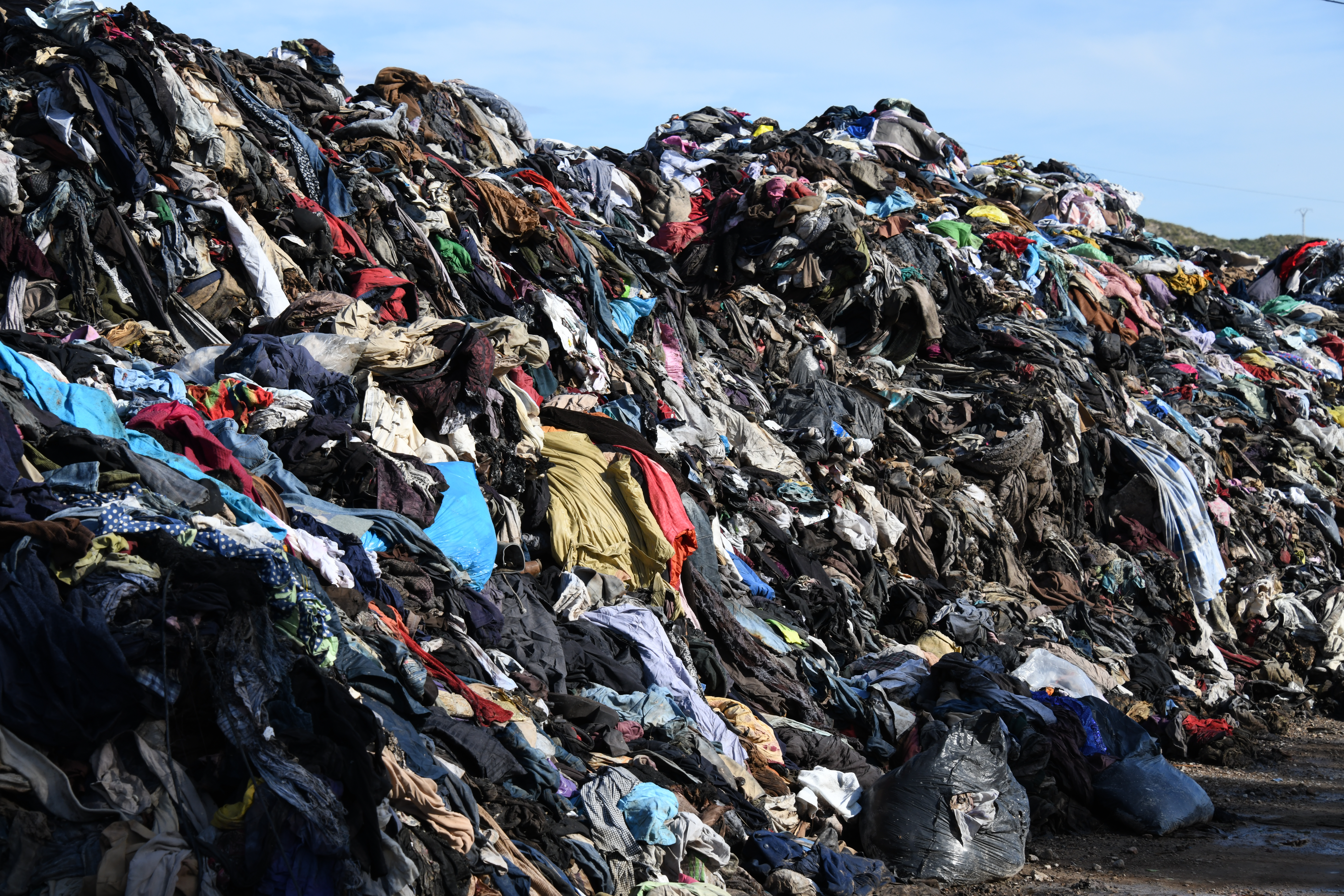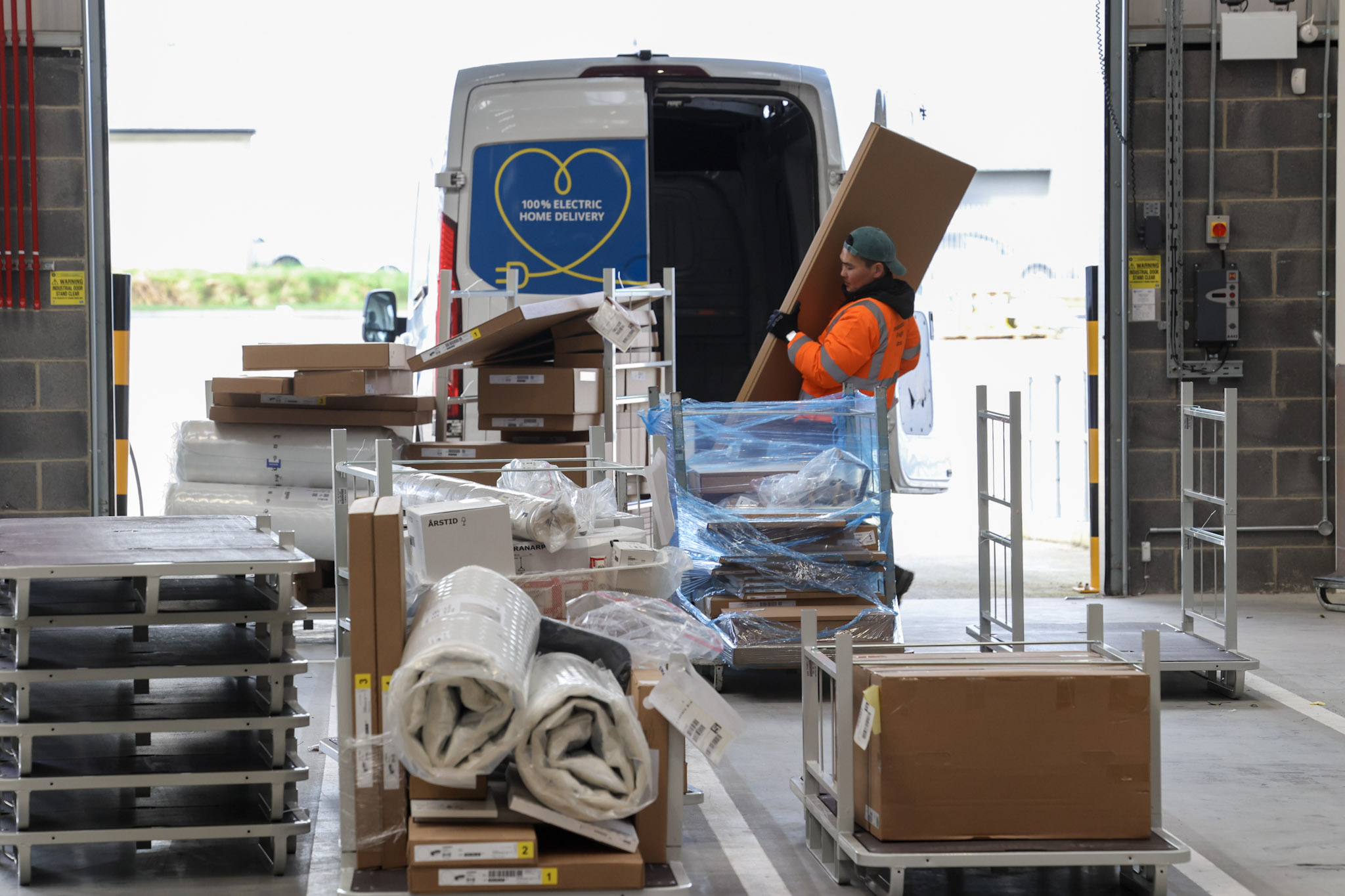A new report by The British Fashion Council’s Institute of Positive Fashion (IPF) has highlighted the size of the UK returns problem – with 23 million garments sent to landfill or incinerated in 2022, representing 75% of the approx 3% of all returns that can not be resold.
Conducted in partnership with DHL and Roland Berger, the new report looked at the environmental impact of returns in the fashion industry, with a suggested framework of recommendations. This research comes at a critical time, as the returns process in the UK generated 750,000 tonnes of CO₂ emissions.
The IPF, Roland Berger and Dynata also conducted a consumer survey to better understand UK consumers’ online fashion purchasing and returns behaviour. The survey highlighted a number of key points, including the following:
- Incorrect sizing or fit (93%) and product quality not meeting expectations (81%) were the top returns reasons
- For 56% of shoppers, a returns charge is the measure most likely to prevent returns
Furthermore, the report presented two target outcomes to reach the target state of minimised returns:
Product returns are mitigated at the point of sale
Ultimately, the report found that the onus is on retailers to help consumers make the right choice, the first time, every time. Fashion businesses need to be more thoughtful about the products they are selling so that they are producing collections customers will want to keep. They should also be enabling shoppers to buy correctly by leveraging data and digital solutions. Investment in sizing calculators will become an industry norm and digital avatars an integral part of the future for fashion retailers. Roland Berger has calculated that large retailers with approximately 70% of sales coming from their website, could reduce cost of returns handling by 20-40% with the introduction of sizing calculators and avatars.
The report suggests that free returns will become a thing of the past. Using an environmental message to prevent consumers returning goods currently holds no sway; some 56% of online shoppers surveyed indicated a returns charge or levy as the measure most likely to prevent them returning goods. The trade-off could be losing customers – but as more companies adopt charges it will become an industry norm.
Product returns are handled more efficiently
Retailers need to look closely at reverse logistics to reduce costs and meet CO₂ emission targets. This involves investing into technologies and processes such as digital product passports and automated warehousing, so that businesses can make returns operations more efficient, cost-effective, and less carbon intensive.
Caroline Rush, BFC chief executive, said: “This project recognises the importance of investing in innovation to secure robust and profitable businesses, while safeguarding the planet and society. The responsibility now lies with retailers and fashion businesses to reach the target state by implementing the necessary change across their entire businesses from production to reverse logistics.”










